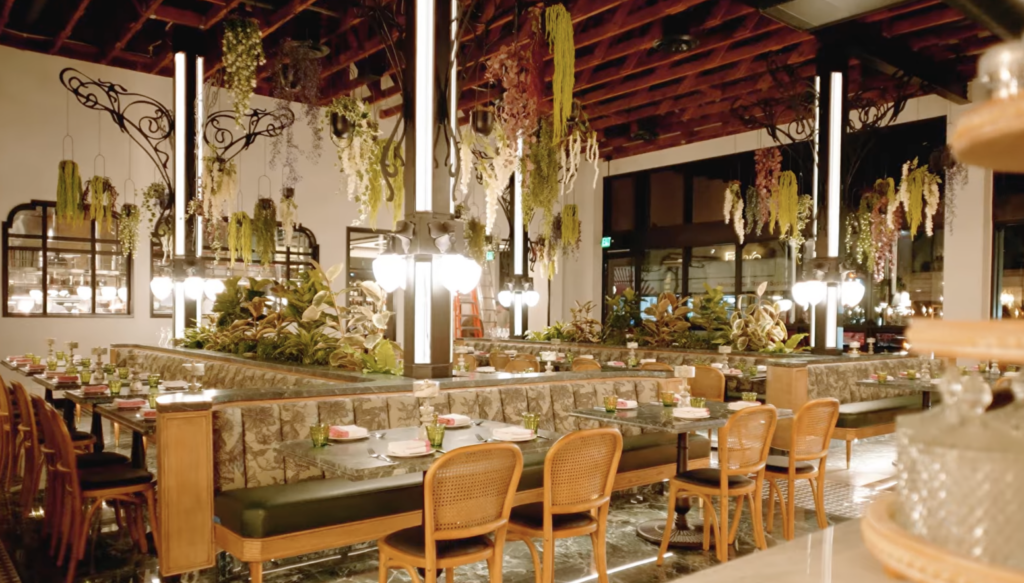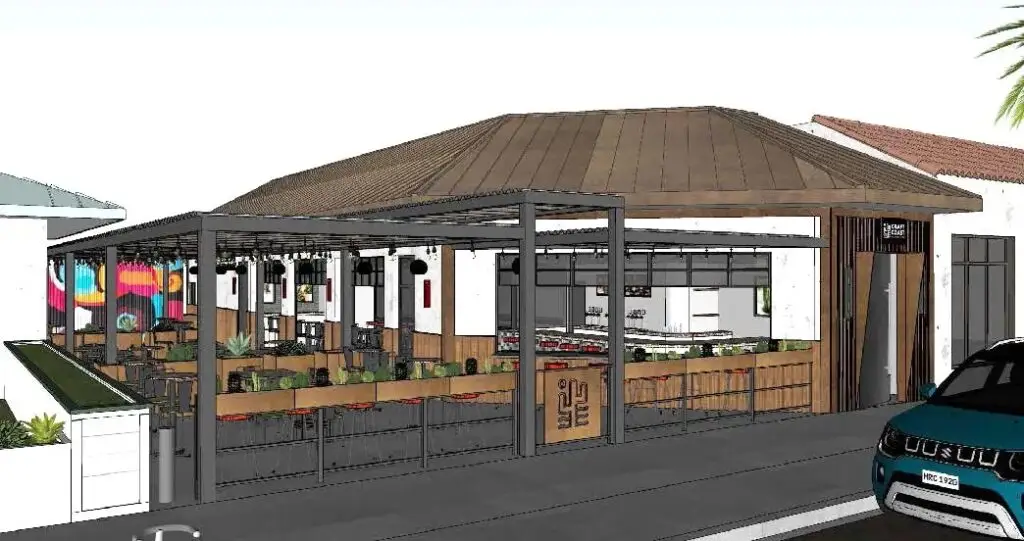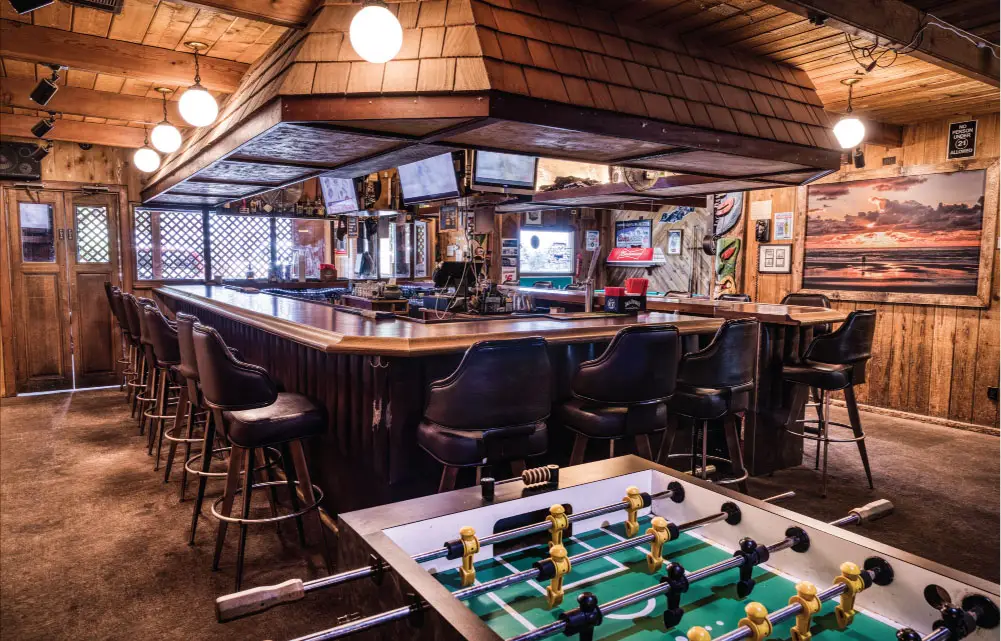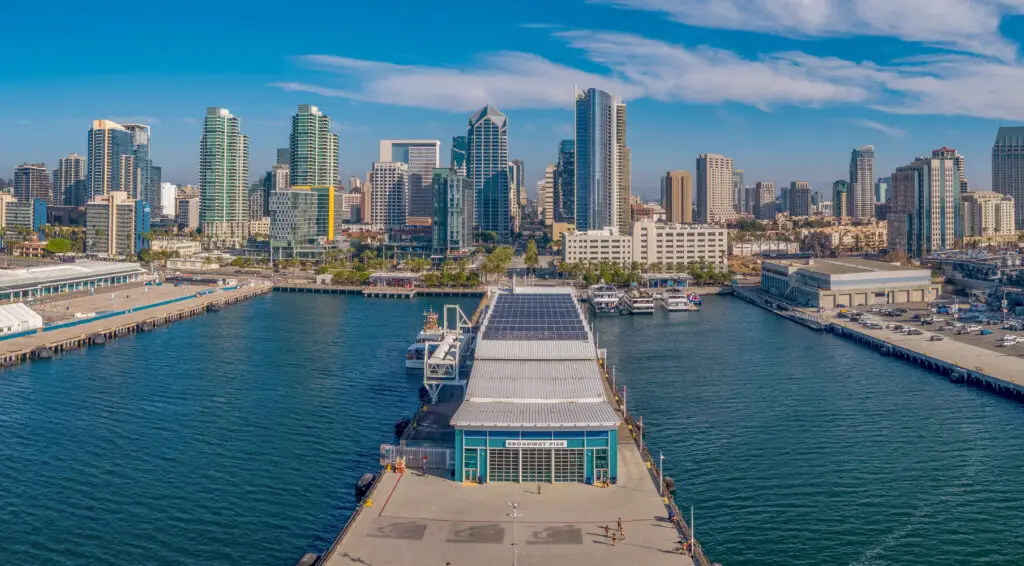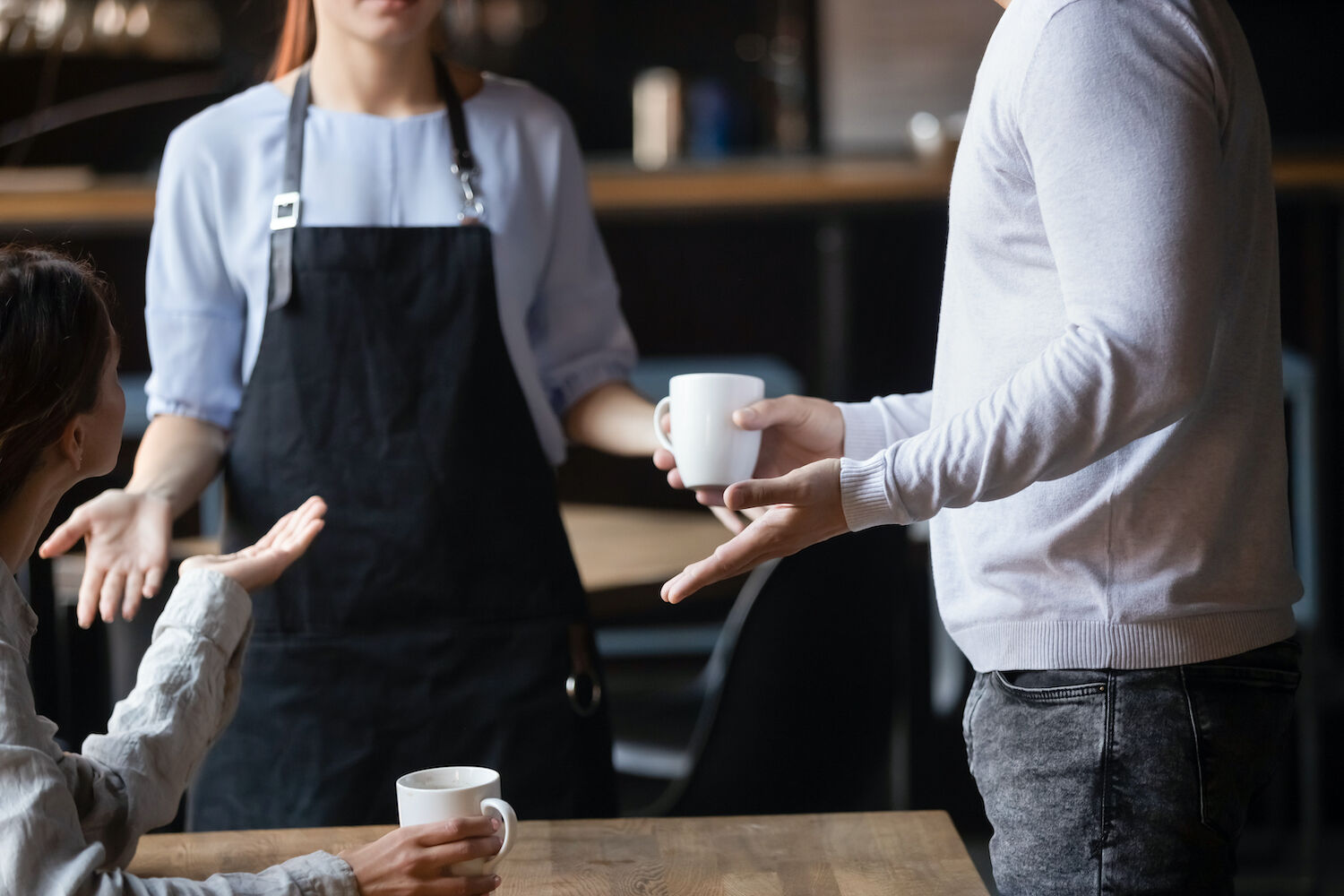
Mean People Suck – main
“The nice people got nicer, mean ones got meaner.”
This is how one top chef explained the current temperament in his dining room. He was talking about us, the loyal customers and steadfast aggressors. Talking about our ability to self-soothe when the glass of wine we order takes longer than expected. Talking about our capacity for Zen when our experience doesn’t live up to the online reviews from 2019. Talking about the grace with which we accept that dinner costs a little more now. And talking about our all too frequent absence of all of those things.
Some of us realize our shiraz is held in service purgatory because there’s a nationwide employee shortage. Some of us understand that the online reviews from a while back don’t take into account that the chef has left the industry and is now a professional coder working toward his lifelong dream of circus performance. Some of us realize food is more expensive right now because the pandemic sent operating costs through the roof and far up into the Great al Fresco, what with supply chains being broken and the cost of Plexiglas and hand sanitizer. So we take a nice stroll through the neighborhood when the wait for a table is long. We pile up our dishes to make bussing easier. We accept that our Unlimited Breadsticks American Life is gonna be limited for a while longer. We tip 20 percent.
And some of us have decided that our plus-ones for dinner will be our long-dormant sense of entitlement and newfound social malignance. We’ve decided to ignore the explanations about why restaurants are still struggling to operate at 100 percent. We reason that we’ve deprived ourselves of basic first-world creature comforts for a very long time—so, you bet, pal, we’re going to heap the entire emotional burden of the past year and a half into Buddy’s Burger Shack. After the brutal year we’ve had, we’re going to demand this neighborhood bistro perfectly facilitate our triumphant return to normal American life.
And so the foot-stomping, speak-to-the-manager types are speaking with renewed vigor and volume to the managers (who, in many cases, were recently hired). The “alphas” are flexing their way back to the top of the social chain one needless confrontation at a time. The hair-on-fire online reviewers are dipping their coifs in the kerosene, ready to rail against the injustice of room-temp fries. We’re barging into the triage tents that are American restaurants and demanding the best doctor, the comfiest cot, and calling dibs on all the morphine just in case.
This is because restaurants, god bless their souls, are the front lines of our return to social life. They are the Ellis Islands of our migration back toward Normal. We are a little or a lot nervous about rejoining the colony, making the small talk, navigating the minutiae of social life. Where else are these awkward, post-traumatic first steps going to happen?
Flying to another country still seems a tad too much for many of us. The swarm of bodies at concerts feels within reach thanks to the vaccine, but it’s still not worry-free. And so we make a reservation at our favorite well-lit place with food and drink. We ease back into American life through the hostess stand.
“If you’re charging full price, then I should get full service!” one online commenter suggested.
Should you, though? You are sitting in a local business that’s trying to get back on their feet after a historic global tragedy, navigating lost profits and skyrocketing costs and an employment crisis, some of their employees (who are our neighbors and our kids) still not totally stoked about being in a crowded room to serve you.
The good restaurants demand perfection of themselves—the kind of first-class escapism and hospitality we all dream of. That’s why they’re not opening for lunch, because they know it won’t be up to their standards. They’re going dark on Mondays and Tuesdays. They’re doing the best they can to focus all their energies and resources on smaller, more manageable experiences. But whether they’re fully prepared or not, they must open for business at some capacity to pay rent and keep their people employed.
PARTNER CONTENT
So pencil in some extra time for dinner. Pre-soothe your chakras before entering. Sit back, relax; enjoy the thrilling, fitful, imperfect return of the show.

